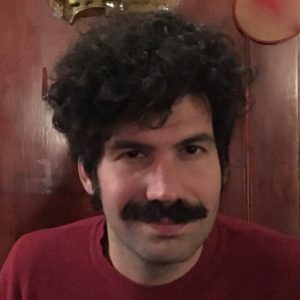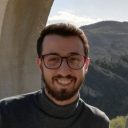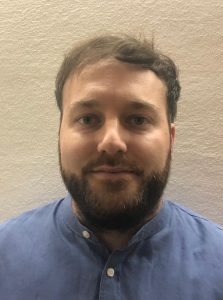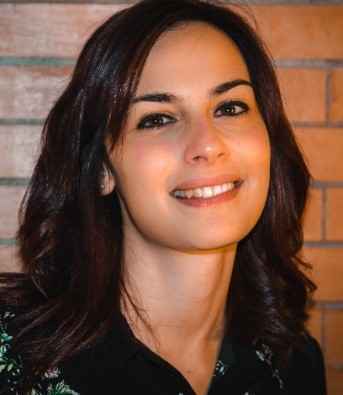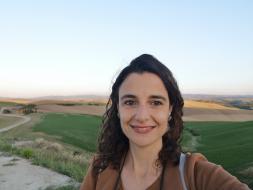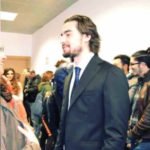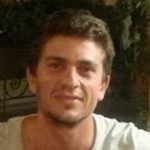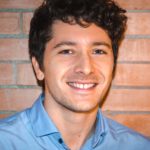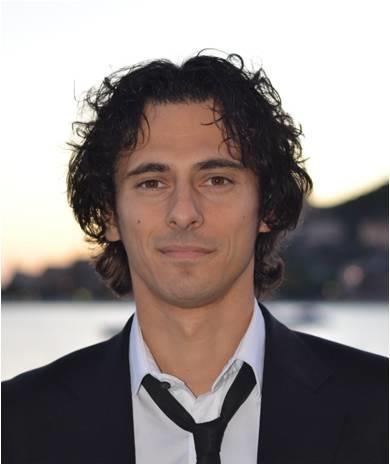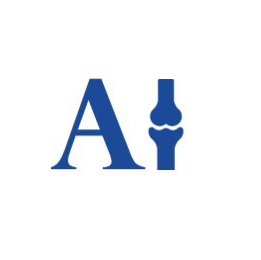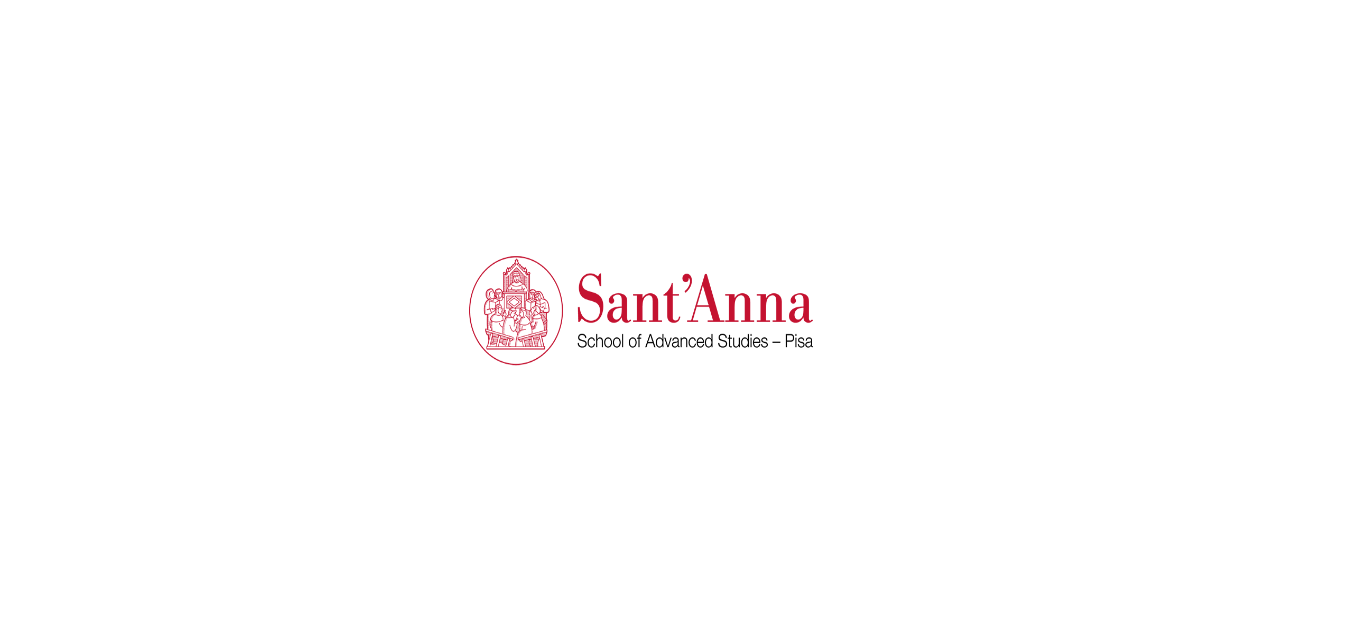
The Scuola Superiore Sant’Anna (SSSA) is a public university for research and advanced undergraduate and graduate education in the fields of Social and Experimental Sciences. Both Social Class and Experimental Class are organized in several Institutes in order to pursue best managerial practices, external visibility, fund raising possibilities and to approach large and challenging research programs. SSSA is currently ranked 2nd among all Italian Universities. In the Times Higher Education ranking of young universities, SSSA is listed 10th worldwide among institutions that are aged 50 or younger and 5th worldwide among institutions that are aged 30 or younger.
THE BIOROBOTICS INSTITUTE
The BioRobotics Institute was specifically created to host the research activities of SSSA at the cutting edge of the most important sectors of interdisciplinary engineering-oriented technological innovation. The Institute has built a wealth of knowledge and expertise in several fields of biorobotics and bionics, such as: medical robotics, wearable technologies, collaborative robotics, bio-inspired robotics, neuroscience robotics, rehabilitation robotics and implantable technologies.
The Institute promotes the internationalization of didactics and scientific research through the collaboration with the most prestigious international knowledge centres. The Institute aims to educate engineers that are scientists, inventors, entrepreneurs and problem solvers.
The Director of the BioRobotics Institute is Christian Cipriani and it includes over 200 persons, including PhD students, Post-Doc researchers, and 17 Faculty members leading 9 Research Areas and 8 Laboratories. Recently, The BioRobotics Institute has been ranked first among all departments of biomedical engineering, in Italy, according to the Italian University and Research Evaluation Agency (ANVUR).
Watch the official video of The BioRobotics Institute.
REGENERATIVE TECHNOLOGIES LAB
Within the Institute, Prof. Leonardo Ricotti coordinates the Regenerative Technologies Laboratory. The research mission of the Lab is grounded on a strongly interdisciplinary approach and on the hypothesis that a properly driven cross-fertilization between mechatronics, materials science, nanotechnology and molecular biology can produce a dramatic improvement of targeted and minimally invasive therapies, enabling an important leap of several medical treatments. Such mission fully matches the ADMAIORA objectives.
ROLE IN THE ADMAIORA PROJECT
- Administrative and scientific project coordination;
- Steering of technical specifications and system architecture;
- Development of LIPUS stimulation platforms for triggering in a controlled and reliable way the desired bioeffects;
- Preliminary in vitro tests to validate LIPUS platforms and to assess biosynthetic hydrogel cytotoxicity on cell lines;
- Support to the development of the arthroscopic 3D bioprinting tool;
- Technology integration and participation in final validation experiments;
- Communication activities.
PREVIOUS EXPERIENCE
The BioRobotics Institute possesses outstanding records of publications and patents, and it performs high-level interdisciplinary research in the bioengineering field. Within the Institute, the specific research group who has generated the ADMAIORA proposal developed 10 international patents and has been or is still involved in several international projects and cooperations. The coordination activities of the Institute and in general of SSSA have been always very smooth and effective. Since the year 2002, SSSA has grown an administrative department specialized in the management of European Projects of the 5th, 6th and 7th Framework Programs, and now approached the Horizon 2020 Framework, with several projects already started in which SSSA is the Coordinator or a partner. Such know-how guarantees that the ADMAIORA coordination activity will be administratively smooth, yet scientifically effective.

